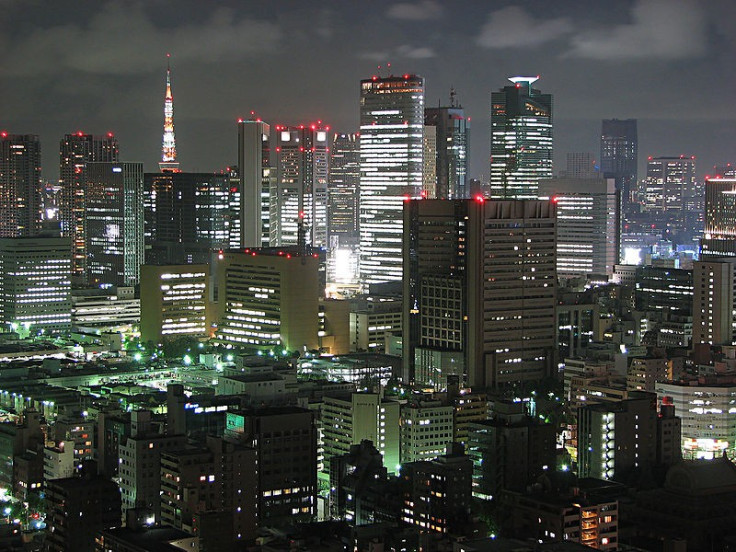Japan Machinery Orders Decline 13% in January
Orders fall 9.7% year-on-year

Japan's core machinery orders have declined in January, for the first time in four months, as the economy which struggles hard for recovery still suffers from subdued demand from recession-hit Europe and low-growth China market.
Core machinery orders that measures the change in the total value of new orders placed with machine manufacturers, excluding ships and utilities fell 13.1 percent in January from the previous month, according to government data. Economists were expecting a 2.0 percent decline in the orders, which is a widely-followed indicator of capital spending in the coming six to nine months.
Unadjusted core orders fell 9.7 percent in January from the year-ago month.
Despite the sharp fall in January, the government maintained its assessment of core machinery orders, saying that there is a gradual pickup observed in some sectors.
In February, the government predicted that capital investment activity would increase significantly in the country in the first quarter. However, officials are now of the view that a high growth rate is difficult. Machinery orders would now have to grow 11.1 percent month-on-month in both February and March just to match the fourth-quarter level of orders in the first quarter of 2013.
"It certainly won't be easy to produce double-digit growth in back-to- back months," Dow Jones quoted Yoko Nakagaki, head of the government's business statistics bureau, as saying.
Nakagaki, however, noted that the improvement in the business environment for Japan's export-led economy is real and expects a jump in machinery orders in February-March.
Japan returned to growth in the fourth quarter as the yen began to slide, amid monetary and fiscal reforms by Prime Minister Shinzo Abe, who vowed to take radical measures to end 15 years of deflation and revive the world's third-biggest economy.
The yen has fallen more than 10 percent against the dollar since the inauguration of Abe, helping the country's exporters.
© Copyright IBTimes 2024. All rights reserved.









